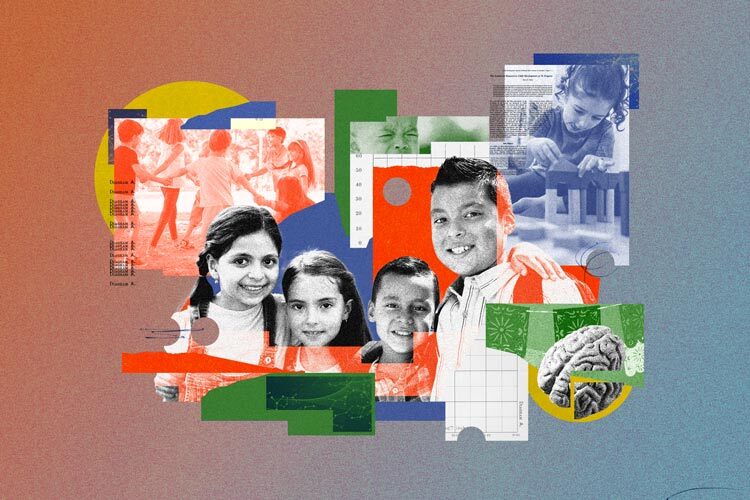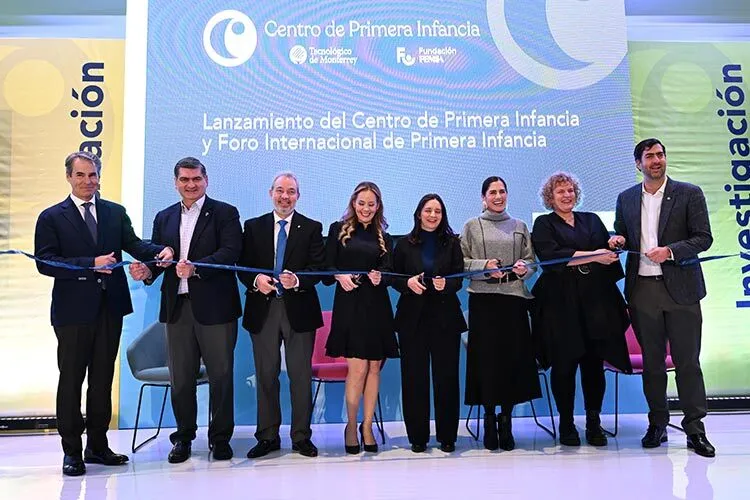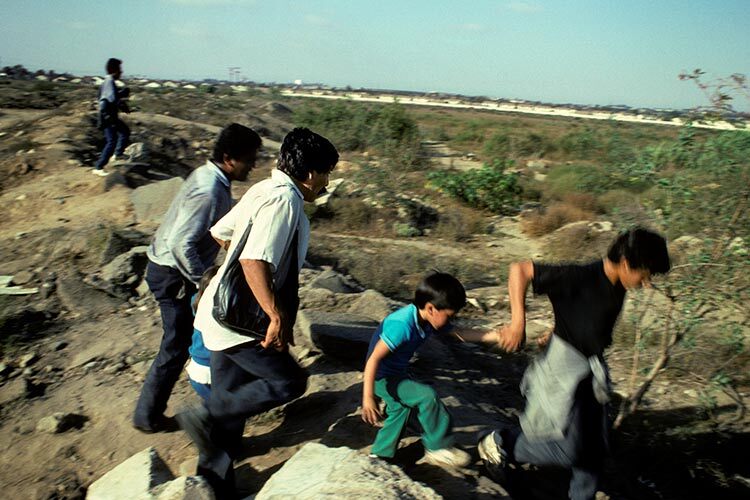Early childhood —from birth to the first eight years— is crucial for a healthy, well-rounded human development. “We used to think that providing children with education, vaccinations, and a roof over their heads was enough, but it’s not that simple,” says Adriana Gidi, Associate Director of the Early Childhood Center at Tec de Monterrey and FEMSA Foundation, in an interview with TecScience.
According to Gidi, recent research in the field of neuroscience shows that it is important for children to have the necessary services and care, and that they have good quality.
“Sometimes, getting a bad education is worse than not receiving one,” says Gidi.
How to reduce the effects of adversities —such as abuse, abandonment, violence or toxic stress— at this important stage will be the focus of the second International Early Childhood Forum, which will take place from November 20 to 21, 2024 at the Monterrey Campus of Tec de Monterrey.
Unlike last year, where the forum focused on the launch of the Center for Early Childhood, this time the first results of studies that have been carried out at the Center will be presented, as well as the most relevant advances in early childhood research by national and international institutions.
“We have to change the current paradigm and use scientific evidence to impact early childhood in Mexico and Latin America really positively,” says Manuel Pérez, director of the Center for Early Childhood.
Center for Early Childhood’s First Steps
In Latin America and the Caribbean, nine out of 10 children between three and four years of age are exposed to at least one risk factor, with psychological violence and corporal punishment being the most common, according to the United Nations Children’s Fund (UNICEF).
Therefore, innovative measures must be developed in this region to ensure a comfortable childhood.
One of the projects that the Center for Early Childhood has been working on -and whose first results will be presented at the Forum- is the development of a national survey to identify the environmental, parental, and care factors that generate adversity in early childhood.
“This work was done in collaboration with the Catholic University of Chile and the National Institute of Public Health,” says Pérez.
They are also working on a project based on interventions carried out by the Stanford Center on Early Childhood to analyze the quality of caregiver care.
“Everything that has to do with the psychological and emotional side of care, loving care and protection,” says Pérez.
In addition, the program will feature interventions by Hirokazu Yoshikawa, co-director of the Global TIES for Children at New York University (NYU), Patt Levitt from the Children’s Hospital of Los Angeles, Philip Fisher from the Stanford Center on Early Childhood, and Nancy Ramírez from Save the Children.
“Hiro Yoshikawa is a world leader in early childhood, and he is going to talk to us about how to maximize the use of scientific evidence in policy for early childhood development,” says Gidi.
The Second International Early Childhood Forum
Through panels and conferences, the Forum will discuss how early childhood is experienced in Mexico and Latin America and the most innovative strategies to reduce the impact of adversities on it.
“The Center’s purpose is the creation of new and better interventions to try to have an impact on families from Mexico and the region,” says Gidi.
Some topics that will be emphasized will be the experiences of migrant children, the impact of violence and toxic stress, as well as poor transportation services, and how to ensure that caregivers of children are not sources of abuse.
“As a Center, we want to support the training of a new generation of public authorities and civil society so they know to implement programs that will transform early childhood in the next ten, twenty and thirty years,” says Gidi.
In addition, they will analyze success stories of interventions from other countries, such as home visits, to understand which methodologies give the best results.
“It is not just about doing research, but about innovating to propose solutions that really help us have a good early childhood as a country,” says Pérez.
Were you interested in this story? Do you want to publish it? Contact our content editor to learn more about marianaleonm@tec.mx















